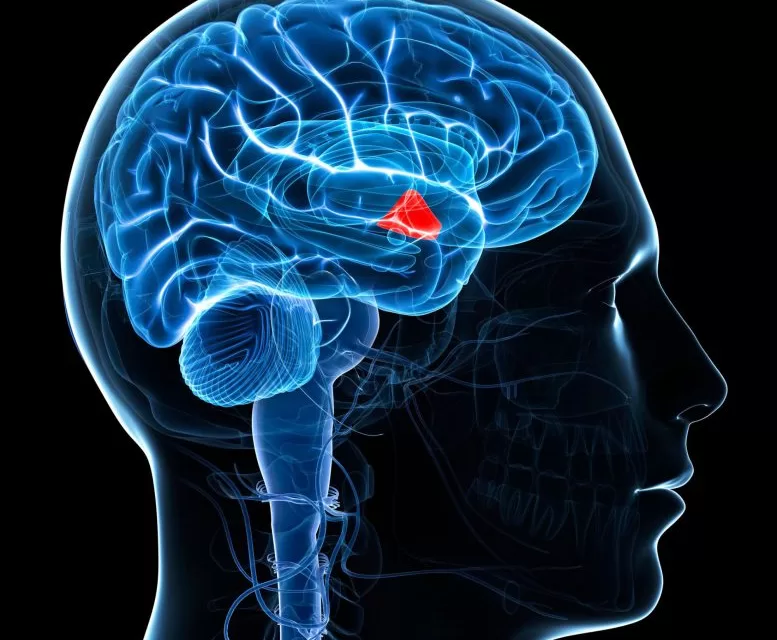A recent review published in the journal Nutrients highlights the potential of dietary interventions to alleviate migraine symptoms and reduce the need for medication. Researchers from Denmark explored the role of various diets and specific foods in preventing and managing migraines, offering insights into how certain dietary approaches could influence the duration, frequency, and severity of migraine attacks.
Background on Migraines
Migraines are among the most common neurological disorders, particularly affecting individuals under 50. Characterized by intense, throbbing headaches, migraines are often accompanied by nausea, sensitivity to light and sound, and sometimes visual disturbances such as blind spots or flashing lights. These debilitating episodes significantly impact patients’ quality of life, affecting social and occupational functioning.
While traditional migraine treatments focus on managing acute attacks and preventing future episodes with medication, identifying and avoiding triggers—including dietary factors—may help manage the condition without relying on drugs.
The study authors emphasized the importance of the brain-gut axis, which connects the central and enteric nervous systems. Diet plays a role in modulating this communication network through mechanisms involving the vagal nerve, inflammation, and hormone levels. These interactions can affect neuroendocrine processes related to migraines, providing a scientific basis for exploring the impact of specific diets on the condition.
Dietary Factors in Migraines
Previous research has identified certain foods, such as alcohol, caffeine, and chocolate, as potential migraine triggers. However, the review highlights the complexity of these associations. For example, chocolate cravings may occur during the early stages of a migraine attack rather than being the cause of the headache. On the other hand, diets rich in plant-based foods, low in fat, or following a ketogenic pattern may help reduce migraine symptoms.
The review analyzed various clinical trials, controlled studies, and pilot projects, offering a comprehensive examination of dietary interventions in migraine management. Researchers excluded studies involving children, medication or supplement interventions, and those with sample sizes below ten participants.
Key Findings
From an initial pool of 669 records, the researchers reviewed 38 articles and selected eight studies that met their criteria. Seven of these studies focused on migraine prevention through diet, while one examined specific food triggers.
Ketogenic Diet
Two studies on ketogenic diets reported reductions in pain intensity, frequency, and the need for medication after following the diet for 3 to 12 weeks. Ketogenic diets, which shift the brain’s energy supply to ketone bodies, are believed to reduce neuroinflammation and oxidative stress, both of which contribute to migraines. Notably, low-carbohydrate diets produced similar outcomes to ketogenic diets in these studies.
DASH Diet
The Dietary Approaches to Stop Hypertension (DASH) diet, known for its high levels of potassium, calcium, and magnesium, was also found to reduce pain intensity, attack duration, and frequency. By helping to regulate brain function and reduce inflammation, the DASH diet may offer protection against migraines.
Gluten-Free Diet
A gluten-free diet demonstrated significant improvements in pain intensity and attack frequency in one study, particularly for those with celiac disease. Gluten may provoke immune responses that exacerbate migraine symptoms, suggesting that gluten-free diets could benefit specific patient populations.
Elimination Diets
Elimination diets, which involve removing potential trigger foods from the diet, produced mixed results across three studies. While one study found no impact on pain intensity or attack duration, others reported reductions in medication use, attack frequency, and pain severity. The success of elimination diets depends largely on patients’ ability to identify and avoid triggers, a process that can be subjective and prone to recall bias.
Low-Fat Vegan Diet
Participants who followed a low-fat vegan diet for 16 weeks experienced reductions in pain intensity, attack duration, and frequency, with stricter adherence to the diet producing more significant results. This underscores the potential of plant-based diets to alleviate migraine symptoms.
Conclusions and Limitations
The review concludes that certain diets, including ketogenic, DASH, gluten-free, and low-fat vegan diets, show promise in reducing the severity and frequency of migraine attacks. These dietary interventions may also reduce the need for medication, offering a complementary approach to traditional migraine treatments.
However, the researchers caution that many of the reviewed studies had limitations, including small sample sizes, short study durations, and reliance on self-reported data. Future research should aim to conduct longer-term, double-blinded, randomized controlled trials to confirm these findings. Additionally, controlling for factors such as medication use, weight changes, and hormonal fluctuations could provide more accurate insights into the relationship between diet and migraine outcomes.
Future Directions
This review opens the door for more robust research into the role of diet in migraine management. As dietary interventions offer a non-invasive, low-risk alternative to medication, further exploration could lead to significant improvements in the quality of life for migraine patients.
Journal reference: Nguyen, K. V., & Schytz, H. W. (2023). The Evidence for Diet as a Treatment in Migraine—A Review. Nutrients, 16(19), 3415. DOI: 10.3390/nu16193415.












